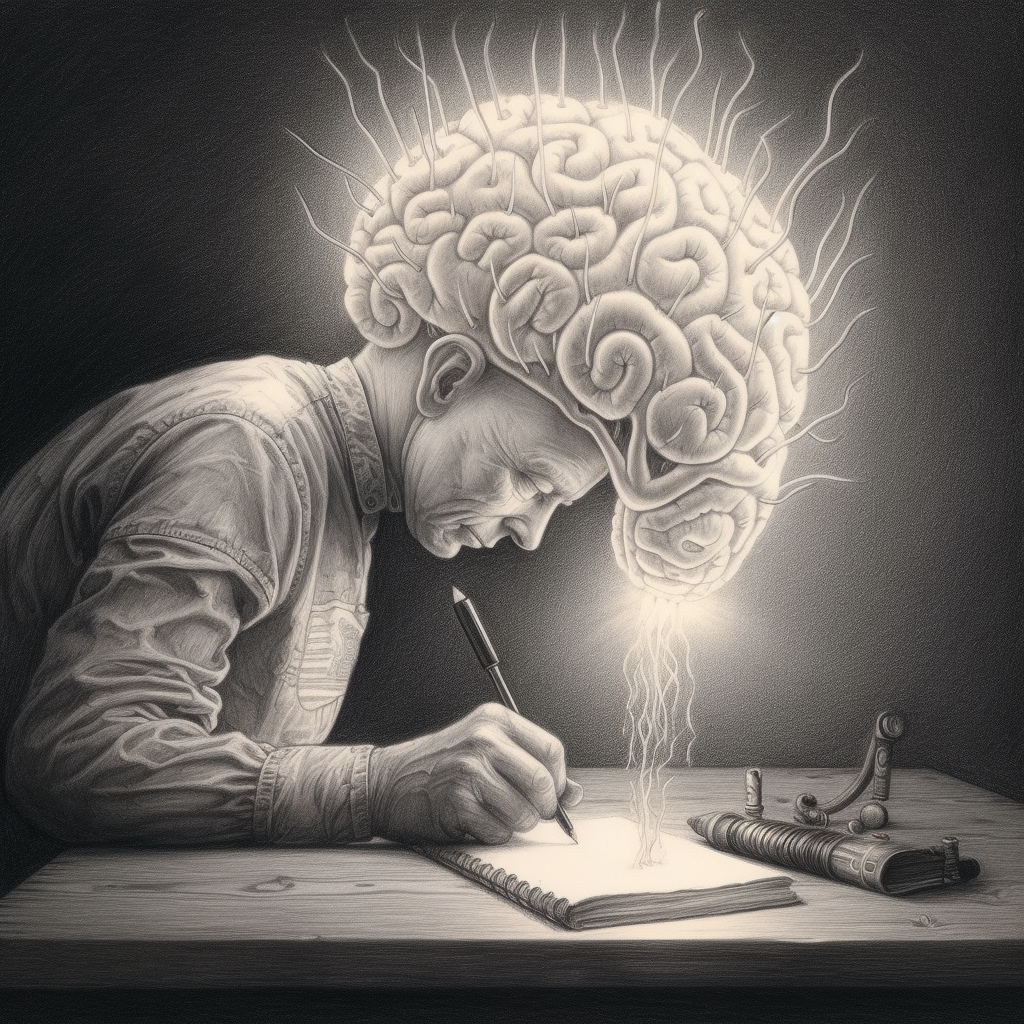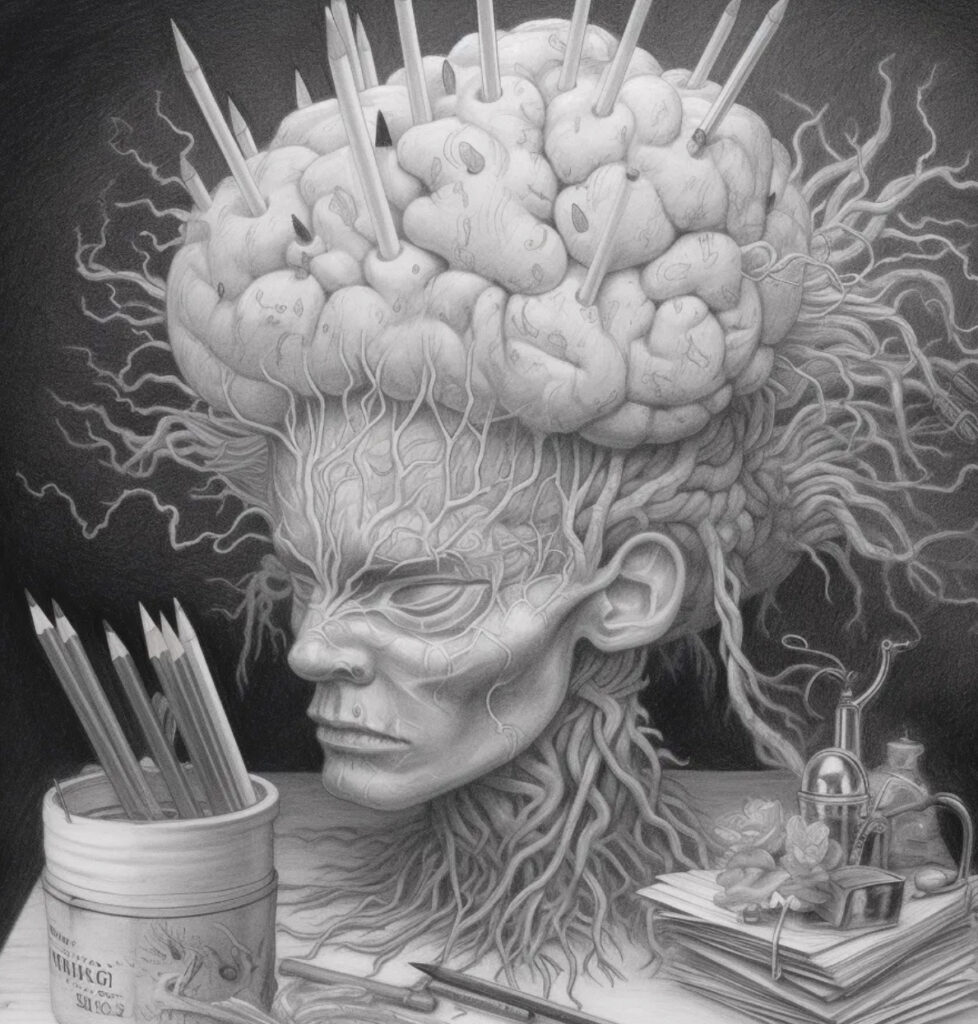In an ever-changing world marked by unprecedented events, our recent history has thrown three major challenges our way: the Covid-19 pandemic, a global inflation crisis, and the rise of Artificial Intelligence (AI). Each event, while overwhelming in its own right, carries an urgent message: now is the time to take control of your self. It’s a call to an internal revolution rather than an external one.
Covid-19: Embracing Internal Strength
The Covid-19 pandemic has reshaped our way of life, forcing us to pause and reevaluate what truly matters. While it posed significant challenges, it also presented a unique opportunity to reconnect with our inner selves.
Through practices like meditation and mindfulness, many have found solace by reaching out to their internal gods. This internal focus shifted the attention from chaos and uncertainty to empowerment and self-love. Now, more than ever, it is essential to channel the power of positive affirmations and control our mind’s well-being.

Inflation: The Value of Self-Worth
Next came the global inflation crisis, where rising prices led to a broader examination of values, both monetary and personal. The inflation rate is beyond our individual control, but what we can control is our sense of self-worth.
Investing in ourselves, increasing our knowledge, skills, and personal development, allows us to add value in a world that might be economically unstable. No external event can diminish our worth when we are in control of our growth.
AI: The Automation of Self-Control
The emergence of AI represents a significant shift in the way we interact with the world around us. With machines performing tasks that were once human, we are reminded of what truly separates us: our consciousness and ability to self-regulate.
The rise of AI calls us to understand our bodies more deeply. This might mean engaging in physical exercise, fasting to reconnect with our bodily needs, or focusing on our families. The human experience is something AI cannot replicate, and nurturing these aspects is a celebration of our humanity.
Conclusion: Act Now, Work Now, Self-Motivate Now
We live in a world teetering on the edge of significant change, where external events often seem to control our lives. The last three major events have made one thing clear: the time to take charge of ourselves is now.
The call is not for a reaction to external forces but for an internal revolution. It’s about being in control of our minds, valuing ourselves, understanding our bodies, and enjoying our families.
In a world where the only certainty is uncertainty, it’s a reminder that we are our masters, capable of steering our destiny. Work now, act now, self-motivate now – for the power lies within us, not outside.























